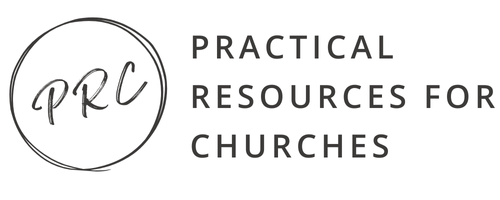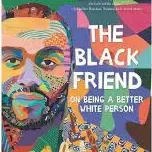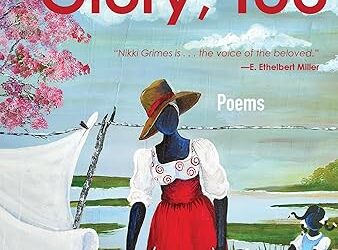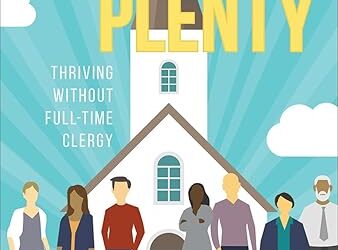Frederick Joseph begins his story in The Black Friend: On Being a Better White Person sharing his memories of growing up being the only black kid in a white neighborhood. The white kids in his school called him an “oreo” (black on the outside, white on the inside) which was only one of the many micro-aggressions he experienced every day.
Some of his friends and their parents often commented that they were “colorblind” to make him feel more included, but, he explains, the concept of colorblindness isn’t bringing equality into the picture. It is steering conversations away from race and actually is one of the most manipulative and powerful tools of racism which allows white people to continue to be comfortable and not to acknowledge accountability for the wrongs done to indigenous people and Black people.
Joseph continues to explain that these white privilege comfort zones have become the norm in America. Whether it’s food, music, movies, clothes, or other aspects of culture, the norm is usually based upon what white people know and enjoy. He goes on to say that all people have the right to their own comfort zones, no matter what their race or color.
Joseph writes: “I want us to become a more complete people. That starts with dropping our assumptions about a person…and learning their stories.”
Joseph interviewed a myriad of people of color to get their ideas on how to overcome racism.
Rabia Chaudry, a lawyer, author, and podcast host, says: “…that personal interaction is one of the most powerful things to prevent people from falling into adopting really radical or bigoted or discriminatory views.”
Daniela Alvarez, a writer, editor, and social media manager, says: “It’s so important growing up to have friends and families of all types of ethnicities and races because that is where you get the most perspective.”
Joseph touches on cultural appropriation and explains how white people may copy a cultural fashion or celebrate a different culture’s holiday, but part of what makes this such a problem is that it ignores the need for understanding the actual history and people who own the culture. People can learn and appreciate these cultures but unless they are from that group, they can never fully understand.
He has observed that many white people live within “bubbles” where they don’t get to interact with people of color. He explains that this lack of interaction can build preconceived notions on both sides. For many white people, their views of color are often based on a show, a movie, or the news. But for many people of color, their first and only interactions with white people are with educators and/or law enforcement…in other words, people of power.
Joseph writes: “There is a world that we can create that is stronger and more enjoyable if we all learn from one another and develop understanding that doesn’t allow us to simply survive but to thrive.”
Although as a white person some parts of this book were difficult to hear, it wasn’t until reading it that I realized a life of inactivity with regard to racism was wrong and that we all have to work at making things better. We can’t just sit back and say we’re not racist and expect things to change. We have to help make that change.





I read and loved what was written. I will be looking for more realities in the future. I also would like to state that racism should be considered a true crime. It was inflicted on our ancestors and born into the generations that followed. This taught mentality, created from misunderstanding, US as a nation of people that spoke another language of our own did not make us savage, the savagery came from the ones the pillaged Africa, raped Africa, and destroyed all that was dear and true to a nation of people that were just fine living their best lives in Africa. Brought them to a country where savagery was continued upon them. Names were changed to suit the need of the true savage, White America. Lets have a conversation about this. How we were misunderstood.